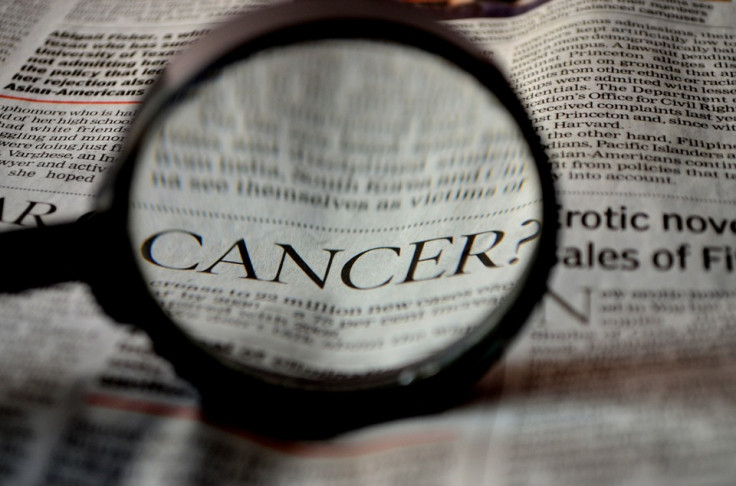
People suffering from cancer in the UK are set to get some relief from long waiting times as the UK government directs the NHS to include digital pathology in the cancer screening and diagnosis procedure
The Department of Health and Social Care announced on January 5, that the government has agreed to implement the UK National Screening Committee's recommendation of using digital images to identify and screen cancer patients.
The UK National Screening Committee is an independent scientific advisory body that meets thrice every year to advise the NHS on screening issues across various conditions in the existing healthcare programmes.
Using digital pathology, the NHS could review tissue sample images digitally which will boost cancer screening in bowel, cervical and breast cancer cases. The move will reduce the burden of cancer cases and the workload in the NHS.
The digital image review will ensure faster and quicker detection of cancer, ultimately saving lives as many cancer patients could be diagnosed and leading treatment procedures roll out.
The increased use of digital pathology to analyse body tissue samples will help UK doctors to get second opinions quickly from labs, including off-site reporting of the disease in patients. Hence, many more cancer patients can be brought under the preview of cancer care.
The UK government took this decision after positive results from an early-stage bowel cancer screening programme undertaken by the NHS. Earlier in January the NHS expanded its home cancer detection programme by sending testing kits to hundreds of thousands of people
To help in the digital pathology agenda, the Sunak government launched 141 community diagnostic centres which conducted over five million scans including that of cancer. Another £10 million was invested in upgrading over 60 life-saving services and 28 new breast screening units. This is meant to speed up diagnosis in areas that are most affected by cancer as shown in higher cancer rates.
Health Minister Andrew Stephenson termed the digital pathology initiative to screen cancer an effective "weapon to battle cancer".
"We know the earlier cancer is detected, the sooner it can be treated, and the greater the chances of survival and recovery," said the Health Minister.
Lauding the efforts of NHS England in the early detection of cancer, Stephenson said: "Cancer is already being diagnosed at an earlier stage more often, and the NHS is seeing and treating record numbers of cancer patients."
"Increased use of digital pathology will help the NHS to go further and faster, and provide another weapon in our battle against cancer," Stephenson added.
This comes at a time when earlier studies revealed how the NHS reduced waiting times and sped up treatment for diseases like strokes, skin cancer, etc., through the use of AI and digital imaging technology.
Digital pathology makes way for digital microscopy
Earlier in 2020, the Royal College of Pathologists and the National Coordinating Committee for Breast Pathology asked the UK National Screening Committee to consider whole slide imaging for faster diagnosis.
The whole slide imaging technique will help UK doctors to see digital images of the tissues on a computer screen instead of viewing it under a microscope, ultimately resulting in easier access to information and better consultations.
Through this technology, an entire glass slide image can be created in high resolution which is stored and viewed in electronic devices like computer screens or mobile for further reviewing and analysis.
The Committee agreed to the use of digital microscopy for screening after a trial showed it was safe to use this technology instead of light microscopy.
The UK National Screening Committee Chair Sir Mike Richards said that the Committee was pleased with the outcome of the trial conducted by the National Institute for Health and Care Research.
"Following that research, I'm pleased that the UK National Screening Committee's recommendation to allow the use of digital pathology has been approved. Its use will support flexibility for pathologists, and make sharing samples for second opinions or quality assurance easier and more efficient," said Sir Mike.
While the NHS has adopted digital pathology in some areas, the announcement by the UK government will help in the rollout of the process across the country. NHS England will issue guidance and best practices for using digital pathology technology to the pathology teams for this purpose.
The National Director for Vaccinations and Screening at NHS England, Steve Russell said: "While we are already using some digital innovations to improve the accuracy of cancer diagnosis, we look forward to further utilising digital pathology imagery for the benefit of screening patients."







